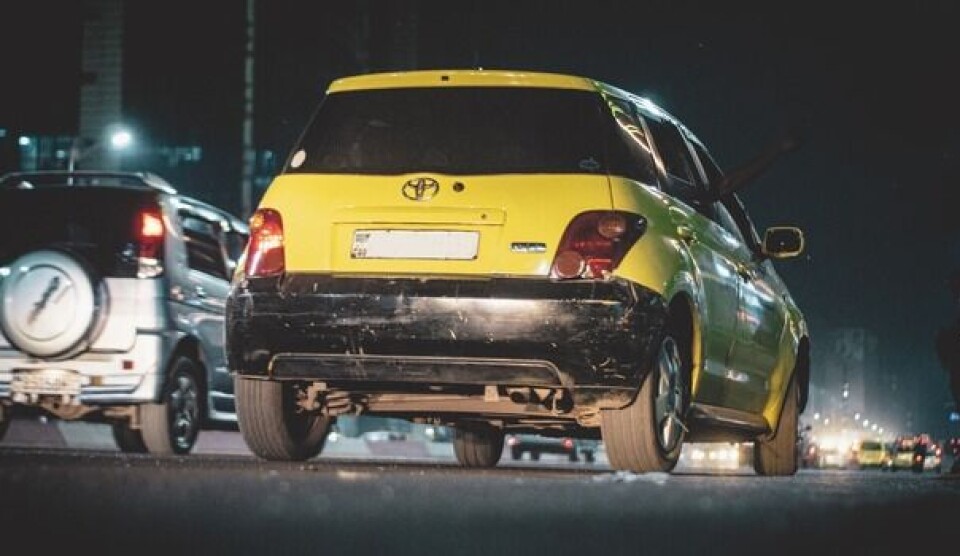The kidnappers posed as taxi drivers, mainly abducting their victims in taxis, and this pattern created heightened fear in Kinshasa, Democratic Republic of the Congo, which was preparing to host the 9th Francophone Games at the end of July.
When the kidnappers were originally arrested, they were also accused of human trafficking and selling human organs, but the court dismissed those two charges. As some of the kidnapped victims have not been recovered, there are many who still believe the dropped charges should have been thoroughly investigated. The fact that the trial was apparently rushed also worries many observers in the DRC.
There are also rumours of corrupt high-level officials who could have manipulated the court. After numerous cases of corruption in the judiciary in recent years, the Congolese public generally believes there’s a vast network involving public figures who are alleged to have corrupted the justice system.
While the life sentence is a good one from the victims’ perspective, in the DRC it is not uncommon for convicted criminals to escape or be released as a result of political dealings or corruption. One of the victims, Tatiana, said, “By publicly accusing them here, we have put our lives in danger. They have even threatened us in public. What will become of us tomorrow if they are released by their accomplices in the judiciary?”
The lawyers for the 27 kidnappers are not satisfied that the investigations were thorough. “Who are the accomplices of these ‘thugs’ within the security services and the judiciary? They themselves say, ‘We know those who collaborate and set us free once we’re caught.’ Why not address the question of why the public prosecutor’s office is afraid? And that’s a cause for concern, because the aim is to dismantle this network,” said Joel Kitenge, one of the defence lawyers.
After the kidnappers’ arrest, a video of them being questioned by the police circulated on social media networks. In the video, one of the kidnappers claimed that organ trafficking was real and that the victims were buried to remove any traces after the operation. The fact that this was not addressed by the courts caused great concern among civil society.
Placide Nzilamba, a civil society activist in North Kivu, believes that the security services have not mentioned the sale of organs for now in order to investigate the matter more thoroughly. ‘’There are things that cannot be said in public because maybe information that has been extracted from the defendants could cause other people involved to flee,” he said.
Faced with mounting criticism from the Congolese public over the failure to take account of the charge of selling human organs, the ministers for health and internal affairs issued a statement saying that the DRC has no expertise in organ transplantation and that the authorities could not keep quiet about crimes committed in the DRC.
Originally sentenced to death, the kidnappers’ penalty was commuted to life imprisonment, as the DRC is a signatory to the moratorium on the abolition of the death penalty.
To join Africa Legal's mailing list please click here

